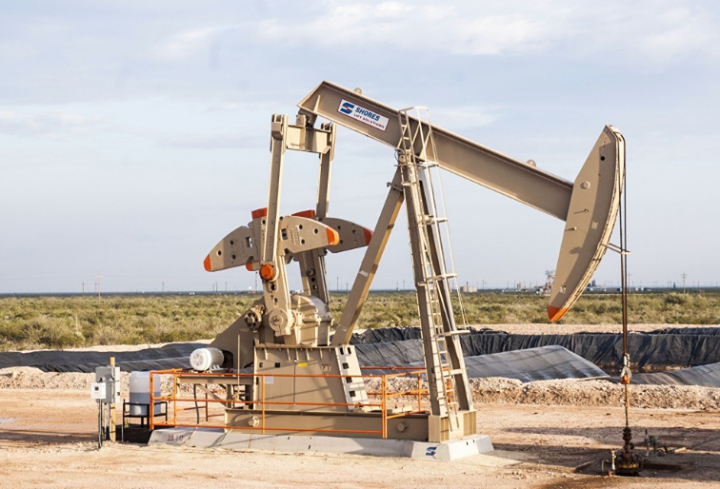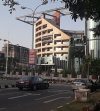News right now


Republic of Congo: The share of oil revenues in the country for the needs of the population has further decreased. Explanation

Senegal ends suspension of peanut exports to collect foreign currency

Nigeria: National programme to purchase gold from domestic producers boosts the Central Bank's foreign exchange reserves by more than $5 million

How to ensure the pharmaceutical sovereignty of Africa?

Africa: The African continent has recorded the highest overall productivity increase for wheat in 10 years
Connected economic information from African countries

The partner's club brings together regional economic and political actors who support Ecomnews' action
The economy is at the heart of Ecomnews Afrique 's action in order to understand how to develop between the countries of the Africa.
Who are the decision-makers who make economic and political news
Ecomnews Afrique selects all the most important events, demonstrations, fairs, forums not to be missed
Find all the reports and interviews in the field carried out by our professional journalists on the most dynamic regional players
Réagissez à cet article